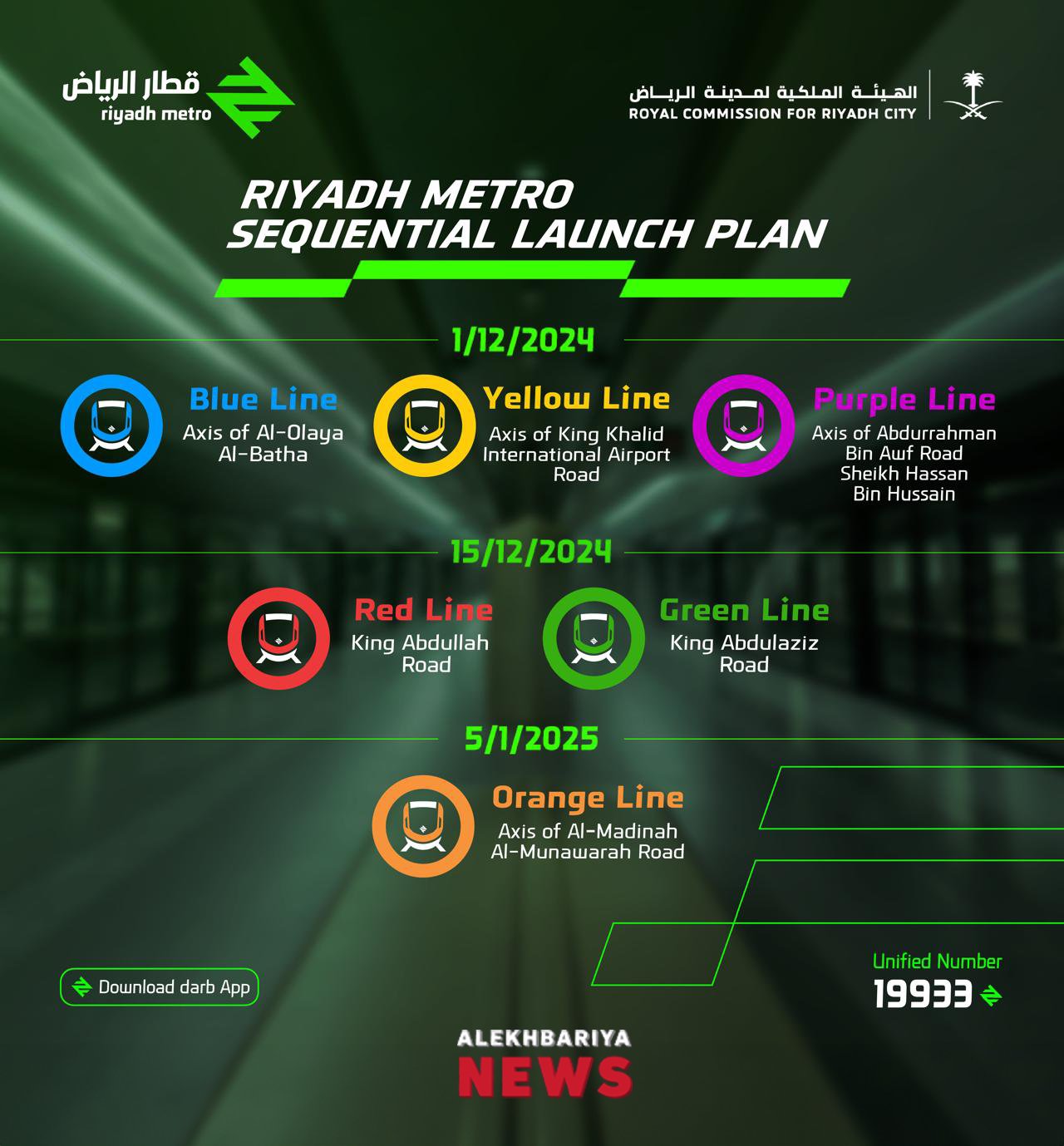RIYADH: In a night showcasing arts and culture at a ceremony in Riyadh’s museum district, Saudi Culture Minister Prince Badr bin Abdullah bin Farhan announced new initiatives designed to transform the cultural sector into an essential part of people’s everyday lives.
Two masters of ceremony presented the Ministry of Culture’s roadmap before Prince Badr’s opening remarks.
The ministry “intends to create an environment that supports national talents in all areas and sectors, and to preserve the country’s culture and wealth,” he said.
“Our country is proud of its innovators and talents who, with their works, have reached unprecedented heights and won important awards.”
 The ministry strives to present Saudi Arabia’s rich culture in the best way possible, based on the Vision 2030 reform plan’s goal to enhance quality of life and raise citizens’ aspirations, Prince Badr said.
The ministry strives to present Saudi Arabia’s rich culture in the best way possible, based on the Vision 2030 reform plan’s goal to enhance quality of life and raise citizens’ aspirations, Prince Badr said.
The event brought together members of the media, entrepreneurs, artists, Saudi officials, cultural influencers, and government representatives from around the world.
It included orchestral performances of traditional Saudi music, and a dinner hosted by Prince Badr at the King Abdul Aziz Heritage Center.
The new initiatives include a fund to support artists, scholarship programs, arts prizes, festivals, exhibitions, libraries, fashion weeks, a national theater, a national film archive, a cultural city, and a visa scheme for international artists to visit Saudi Arabia.
International artists will be offered the chance for the first time to take up residency in Saudi Arabia. The new “cultural residency” scheme was among a raft of initiatives announced at a glittering event in Riyadh on Wednesday to launch the Ministry of Culture’s vision and strategy for the future.
“Today marks a turning point in the history of our nation. It is rare that a nation undergoes such a massive revival of its culture, and that is exactly what is happening,” said Prince Badr.
“The transformation of arts and culture will benefit all Saudis, young and old, from every corner of our country. It will help build bridges of understanding,” he added.
“For our children, we will build a Saudi Arabia where their creative sprits can flourish, confident in their past, stepping out into the future and into the world.”

A stunning visual display of various aspects of Saudi culture at the Ministry of Culture launch ceremony. (Arab News photo)
Attending the ceremony, one of Saudi Arabia’s top conceptual artists, Abdulnasser Gharem, applauded the new initiatives.
“As artists, the Ministry of Culture is a symbol of national pride. It’s a vital social tool of intercultural dialogue that also serves as a platform contributing to the expansion of the dialogue and convergence between both cultural and intellectual capacities,” the artist, known for his use of various media such as photography and sculpture, said in a statement.
As one of the earliest contributors to the Saudi art scene, Gharem helped found the non-profit arts organization Edge of Arabia, which promotes arts education and provides an international platform to contemporary Saudi artists.
Aram Kabbani, one of the Kingdom’s top stylists and fashion consultants, commended the ministry’s efforts in supporting young Saudi talents not only in the arts and fashion scene, but also in other sectors.
“The ministry has been doing an important and amazing job supporting entrepreneurs and local talents, providing them with the proper resources and care to allow them to thrive,” she told Arab News.
 The initiatives come at a busy time for culture in Saudi Arabia, which was set in motion by the launch of Vision 2030 by Crown Prince Mohammed bin Salman in 2016.
The initiatives come at a busy time for culture in Saudi Arabia, which was set in motion by the launch of Vision 2030 by Crown Prince Mohammed bin Salman in 2016.
The ambitious plan outlines 24 goals to achieve in economic, political and societal development, with specific initiatives that include culture.
“Our vision is a strong, thriving and stable Saudi Arabia that provides opportunity for all,” the crown prince said.
Since the establishment of the Ministry of Culture in June 2018 by royal decree, it has strived to promote Saudi culture as one of the most important aspects of Vision 2030, stressing that it will improve quality of life in the Kingdom and promote national talent.
Saudi Arabia has participated in various international cultural events for the first time, such as the Cannes Film Festival, the Venice Biennale and the Sundance Film Festival.
It has also hosted events including the Winter at Tantora festival, which brought visitors to Al-Ula, home of the Madain Salah UNESCO heritage site, with big-name entertainers every weekend.
One of the ministry’s recent initiatives was the signing of a memorandum of understanding (MoU) last week with UNESCO to promote cooperation in culture and preserve heritage.
The MoU includes repairing heritage sites and developing the arts through festivals, libraries, book fairs, conferences and education.
Saudi Arabia is home to five officially recognized UNESCO sites: Al-Ahsa Oasis, Madain Saleh, At-Turaif District in Riyadh’s Ad Diriyah, Historic Jeddah, and the rock art of the Hail region.
While accompanying the crown prince on his recent tour of Asia, Prince Badr announced the establishment of a chair named after Ibrahim Al-Qadi, in celebration of the Saudi-born artist’s contributions in the fields of theater and arts in India.
Al-Qadi’s “pioneering work … opened horizons in the fields of theater and arts in India,” said Prince Badr during the crown prince’s Asia tour.































